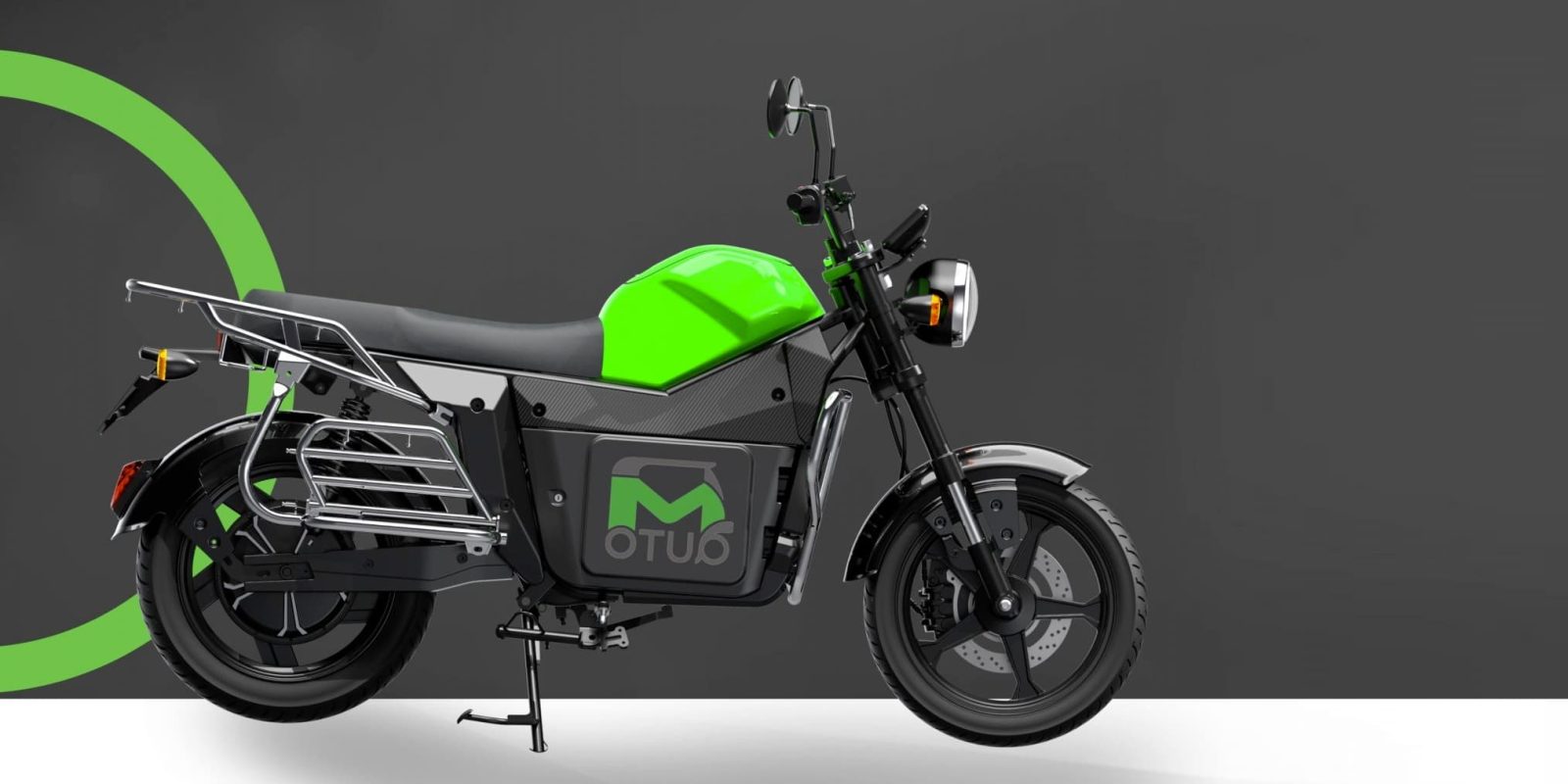
Earlier this year we reported on Uganda’s announcement that it would seek to replace all of its combustion engine-powered motorcycles with electric motorcycles by giving out free replacements to riders. Now we’re learning how the country hopes to make good on the plan, and it has something to do with a little known e-motorcycle and battery-swapping startup called Spiro.
Formerly known as MAUTO, Spiro has already put 4,500 electric motorcycles on the road in Rwanda, Benin, and Togo. Now Spiro plans to significantly scale up operations by rolling out 140,000 electric motorcycles in Uganda over the next five years.
The motorcycles will be given out free-of-charge, with Spiro expecting to earn revenue on the charging and battery swapping side of its operations.
The new bikes will be targeted towards motorcycle taxi operators.

Motorcycles and especially motorcycle taxies, commonly referred to as “boda-bodas” in Uganda, have become a popular mode of transportation due to their affordability, convenience, and adaptability. In the face of often congested roads and unreliable public transport systems, motorcycles provide a faster and more flexible alternative for navigating urban and rural areas alike.
Additionally, the lower cost of purchase and maintenance compared to cars has made them a more accessible option for many Ugandans. The popularity of motorcycles has also spurred a thriving boda-boda industry, creating numerous job opportunities for riders, mechanics, and related businesses, contributing significantly to Uganda’s local economy and social fabric.
But with nearly 100% of those motorcycles powered by fossil fuels, the large dependence on boda-bodas has also contributed significantly to the company’s emissions and reduced air quality.
After receiving $50 million in funding from the African Fund for Transformation and Industrialization (ATIF), Spiro plans to provide not just 140,000 locally-built electric motorcycles but also 3,000 battery swap stations.

Instead of waiting several hours for batteries to charge on a typical electric motorcycle, Spiro’s models rely on swappable batteries. The batteries aren’t quite as fancy as those of Gogoro or other leading battery swapping companies that can be swapped in seconds, as they rely on manual battery swaps that take around three minutes.
That still allows boda-boda riders to get back out on the road quickly, which is important when working long shifts throughout the country.
The company currently operates 250 battery swapping stations, which are responsible for more than 130,000 swaps in the countries Spiro has already entered. The 4,500 electric motorcycles using those swapping stations have covered over 22 million kilometers so far.
Spiro also plans to set up an electric motorcycle assembly plant that it says will create 9,000 jobs in the green mobility industry.

Spiro’s motorcycles feature 6.5 kW motors and reach speeds of 80 km/h (50 mph). The range of 90 km (56 miles) per charge is supplemented by the swappable batteries to keep the bikes on the road throughout the day.
“Our ability to deploy over 4,500 electric motorcycles in less than a year of operation is evidence of the fact that electric two-wheelers are the future of sustainable mobility in Africa,” says Shegun Adjadi Bakari, CEO of Spiro and partner at the African Fund for Transformation and Industrialization (ATIF). “In the coming weeks, we will launch our program to substitute conventional motorcycles with electric ones. Drivers in Uganda will be able to trade in their old motorcycles for one of our commercially available models. This is a groundbreaking move in Africa, and we have already implemented this scheme in Benin, Togo, and Rwanda, with a favorable market reaction. We are excited to bring the same approach to Uganda.”

FTC: We use income earning auto affiliate links. More.





Comments